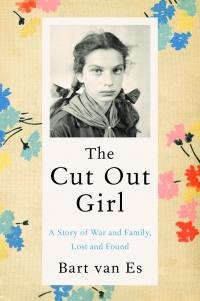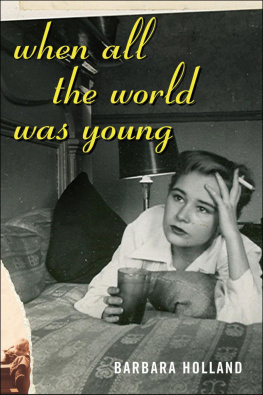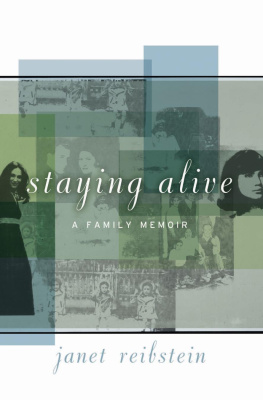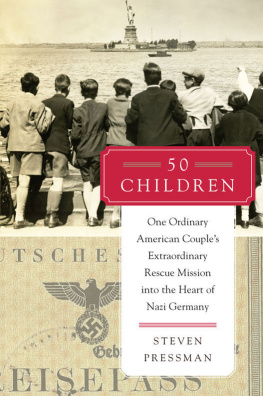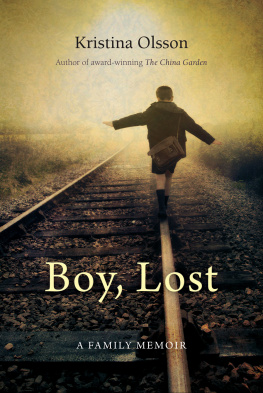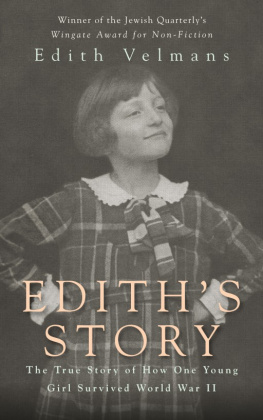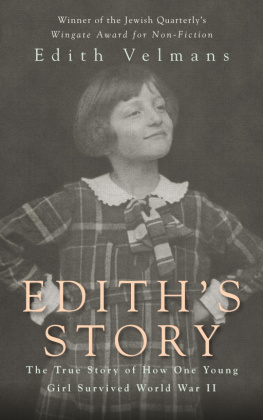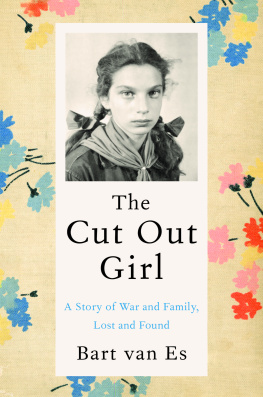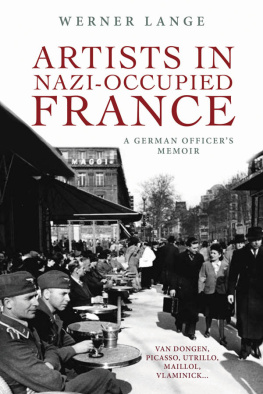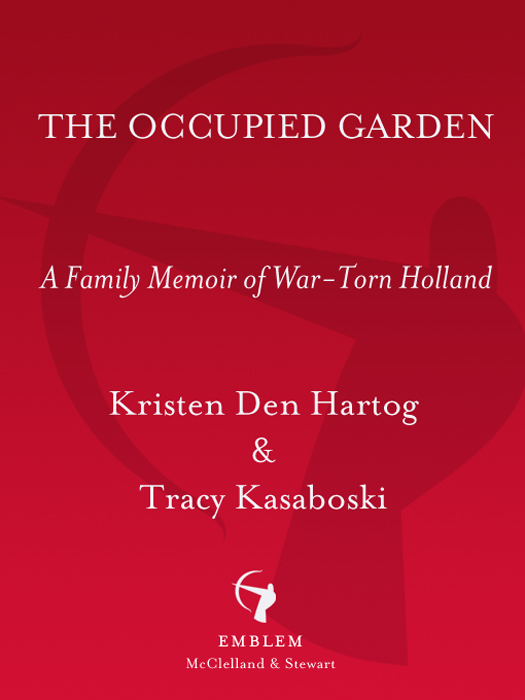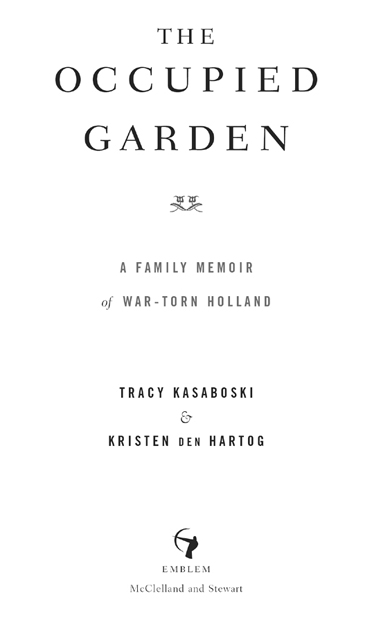Critical Acclaim for The Occupied Garden
The tiny, mundane details of these very ordinary lives are brilliantly interwoven with the colossal events and backwash of all-out war that move the story relentlessly, sometimes breathlessly, forward. As in a painting by Seurat, the masses (dots) of information meticulously build up, slowly, vividly, revealing the many personalities and the devastating time.
Globe and Mail
The den Hartog family history is laced with suspense. Their story of war, dislocation and survival is well and evocatively told.
London Free Press
We come to know the den Hartogs so intimately we feel we are seated at the dinner table, sharing their meagre meals.
Vancouver Sun
A story that is not only a family memoir, but a fascinating social history of the time. Its a must read for students of modern history and anyone who grew up in Europe during the Second World War.
Kitchener-Waterloo Record
A must read! an extremely well-written book with a personal, fascinating, emotional family touch.
De Nederlandse Courant
In this heroic gesture of recovery of family history, the authors not only recreate their grandparents world, but the horror of life in Nazi Occupied Holland. History is retold in relentless detail through the tragedies lived by people who become as real to us as our own family. The Occupied Garden is a triumphant refusal to accept the silence that erases the past.
Rosemary Sullivan, author of Villa Air-Bel:World War II, Escape, and a House in Marseille
Truly gripping. This is intimate history: the writers recover not only the facts, but the tastes, smells, and lived experiences of events that today almost defy belief.
Quill & Quire
The familys struggles to endure terror, surveillance, bombing and the edges of starvation have been pieced together with colour and compassion by two granddaughters determined their grandparents tale be told.
Edmonton Sun
A dramatic and moving account of the World War II occupation of The Netherlands and its subsequent liberation by Canadian troops as seen through the lens of one Dutch familys experiences. The Occupied Garden is a fine read.
Mark Zuehlke, author of Terrible Victory:First Canadian Army and the Scheldt Estuary Campaign, September 13November 6, 1944
Simple but telling details bring Gerrit and Cor to life and illuminate an almost willfully forgotten period in Dutch history.
National Post
The Occupied Garden, written by two sisters, offers a window to anyone who is interested in history. [Their grandparents] would have been proud of this beautifully crafted, meticulously researched book.
Johanna Reiss, author of A Hidden Life:A Memoir of August 1969 and The Upstairs Room
Copyright 2008 Tracy Kasaboski and Kristen den Hartog
Cloth edition published 2008
Emblem edition published 2009
Emblem is an imprint of McClelland & Stewart Ltd. Emblem and colophon are registered trademarks of McClelland & Stewart Ltd.
All rights reserved. The use of any part of this publication reproduced, transmitted in any form or by any means, electronic, mechanical, photocopying, recording, or otherwise, or stored in a retrieval system, without the prior written consent of the publisher or, in case of photocopying or other reprographic copying, a licence from the Canadian Copyright Licensing Agency is an infringement of the copyright law.
L IBRARY AND A RCHIVES C ANADA C ATALOGUING IN P UBLICATION
Kasaboski, Tracy
The occupied garden : a family memoir of war-torn Holland /
Tracy Kasaboski & Kristen den Hartog.
eISBN: 978-1-55199-650-9
1. Den Hartog family. 2. World War, 19391945 Personal narratives, Dutch. 3. World War, 19391945 Netherlands Biography.
4. Netherlands History German occupation, 19401945. I. Den Hartog, Kristen, 1965 II. Title.
D811.5.D455 2009 949.5481492 C2008-904236-0
We acknowledge the financial support of the Government of Canada through the Book Publishing Industry Development Program and that of the Government of Ontario through the Ontario Media Development Corporations Ontario Book Initiative. We further acknowledge the support of the Canada Council for the Arts and the Ontario Arts Council for our publishing program.
McClelland & Stewart Ltd.
75 Sherbourne Street
Toronto, Ontario
M5A 2P9
www.mcclelland.com
v3.1
Voor Tante Rige
En ter nagedachtenis van Cor en Gerrit
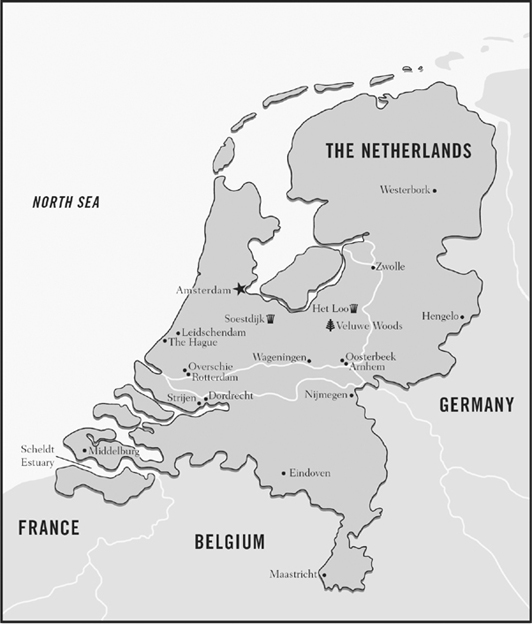
Significant sites in The Occupied Garden
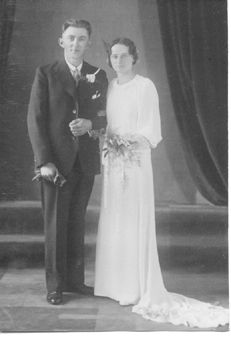
Prologue
W HEN THE S ECOND W ORLD W AR erupted over the Netherlands, our grandparents were in their early thirties, raising their family in a town outside The Hague. Opa was a market gardener who grew vegetables on two and a half acres of rich black earth, but by the time we visited sixty-five years later, long after their deaths, only a small corner of the garden remained. A horse was pastured beside the fence, and the rest was an expressway full of roaring cars. In a curious twist of fate, someone had spray-painted a dove on the cement embankment, and written, in heavy red letters, Always in our harts.
We stood together, trying to picture this place as it must have been, alive with tall bean stalks and rows of endive. The garden was Opas livelihood, but also the familys lifeline while the country suffered five years of occupation. In the final months of the war, death from starvation was common.
Our grandparents rarely spoke of those times, and never to us of the explosion that cast a shadow over the rest of their lives. So what follows comes not from them but from clues left behind, like ghosts footprints. A grenade on the mantel. Snatches of letters and diaries. A cache of photographs, some hazy, some clear. We were compelled to search out their story when we realized it was disappearing, and to recreate their experience based on the remaining fragments. As we pieced the remnants into a narrative, we began to understand the silence that bound those years and nearly erased them.
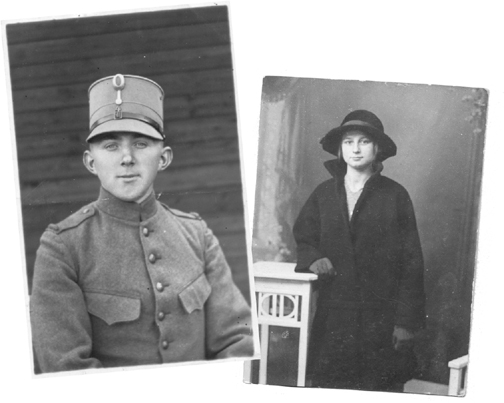
ONE
Twilight
19271940
FOR ALL THE YEARS AFTER THE WAR , Gerrit dreamed sporadically, without warning of being chased by German soldiers with guns, but back in the crisp winter of 1927, as he skated on a willow-rimmed pond in South Holland, he had no such demons. Warm in his wool cap and coat, he sped along under a cloudless sky, breath pluming in the bright winter air, his plaid scarf flapping behind him. He had just turned eighteen, and his life would change in moments.
On either side of him, the flat landscape of Overschie stretched into the distance, and underneath the snow, bulbs lay in wait for spring. Gerrit loved spring, a time of beginnings, but at this point he still loved winter too. He was an exceptional skater, and stood out even here in the Netherlands, where skating and bicycling came almost as naturally as walking. Hed never have boasted, but his skates cost more than he could afford: long metal blades that locked on to black boots, they were fancier than the wooden tie-on kind most people wore.


